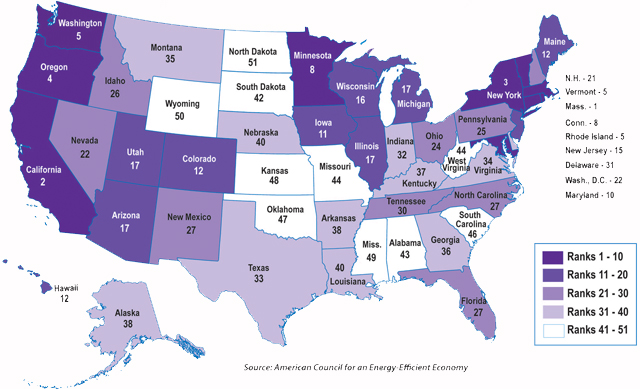
Friedman School students revel in the apple tree they planted on the Boston campus.
With a September article in America’s second-most-popular newspaper, the Boston Tree Party has sprung from sapling to force of nature, with its founder, Tufts alumna Lisa Gross, doing her best Johnny Appleseed.
“In the 19th century, there were about 16,000 varieties [of apples], and today, the commercial market is dominated by only about 10,” Gross told USA Today. “That represents such a loss. Not only a homogenization of flavor but of culture and experience.”
Although the Tree Party has been planting pairs of heirloom apple trees for only six months, about 50 coalitions and organizations have already combined to plant 35 pairs, said Gross, who has an MFA from Tufts and the School of the Museum of Fine Arts.
“Though we would love to plant as many trees as possible, we’re focusing on people and how to engage different and diverse communities,” Gross told the Office of Sustainability in an interview. “What we’re really interested in doing is inspiring the communities to take care of the trees and come together as a united community.”
The organization Gross planted aims to improve access to good food, fight erosion, and provide habitat for birds and bees, among other objectives.
Tufts students can link up with one of the two campus groups that have planted trees. One is a group of undergrads that set down roots on the Medford campus (if you’re coming out of the Tisch Library, the pair of trees is to the right on the hillside). The other are grad students at the Friedman School of Nutrition Science and Policy in Boston.
With its popularity growing, the Tree Party has plans to broaden its canopy over the coming months. This fall, it will add a part-time project coordinator to its skeleton staff (the application period has passed) and is working with a local filmmaker on a documentary about the Tree Party.
In December, the Tree Party will partner with the MIT Center for Civic Media, the prestigious MIT Media Lab, and a local software development group to make a smartphone app that will show the locations of the trees and information on who planted each pair.
In the Spring, the Tree Party will launch a do-it-yourself program for those who want to plant trees and will expand the range where groups can plant trees to all of Massachusetts.
Regional news outlets, including the Boston Metro and the city’s NPR affiliate, are taking notice of Gross’ effort. On Sept. 17, The Boston Globe published an editorial about the Tree Party:
“Since last spring, beginning with the planting of a pair of heirloom apple trees on the Rose Fitzgerald Kennedy Greenway, the Boston Tree Party has brought together hundreds of people – from Harvard and Tufts to Roxbury Community College, Carney Hospital, and the East Boston Neighborhood Health Center … They are expected to produce up to 15,000 free apples a year within four years.”

A tree-planting delegation in Quincy, Mass.
Gross is working on the project with a small crew of committed arborists, including Chief of Operations Maura Schorr Beaufait, who has two degrees from Tufts, a Masters of Public Health in Community Health and a Masters of Science from the Friedman School’s Agriculture, Food, and Environment program.
Gross has some advice for those who want to set down roots in advocacy and community organizing: take the first bite and go from there.
“If you have an idea, just start. Don’t worry about asking for money or permission,” she said. “You can get the support and build the logistics as the project expands.”
So far, Gross said, the workload could fill many bushel baskets, but the payoff could too.
“I’ve been really amazed by how quickly it’s grown and taken off, and I think that’s connected to a deeper change in our culture. People have more awareness and concern about how food is grown and where it comes from,” Gross said. “The larger vision is about the merging of the poetic and the pragmatic. It’s been an incredible experience.”
Check out the Tree Party’s website to donate, volunteer, or to see how to plant a pair of heirloom trees. A few falls from now, you can enjoy the fruits of your labor.
 “Energy efficiency is America’s abundant, untapped energy resource and the states continue to press forward to reap its economic and environmental benefits,” said ACEEE Executive Director Steven Nadel, according to a press release from the council. “The message here is that energy efficiency is a pragmatic, bipartisan solution that political leaders from both sides of the aisle can support. As they have over the past decades, states continue to provide the leadership needed to forge an energy-efficient economy, which reduces energy costs, spurs job growth, and benefits the environment.”
“Energy efficiency is America’s abundant, untapped energy resource and the states continue to press forward to reap its economic and environmental benefits,” said ACEEE Executive Director Steven Nadel, according to a press release from the council. “The message here is that energy efficiency is a pragmatic, bipartisan solution that political leaders from both sides of the aisle can support. As they have over the past decades, states continue to provide the leadership needed to forge an energy-efficient economy, which reduces energy costs, spurs job growth, and benefits the environment.”




Find Us On Social Media!